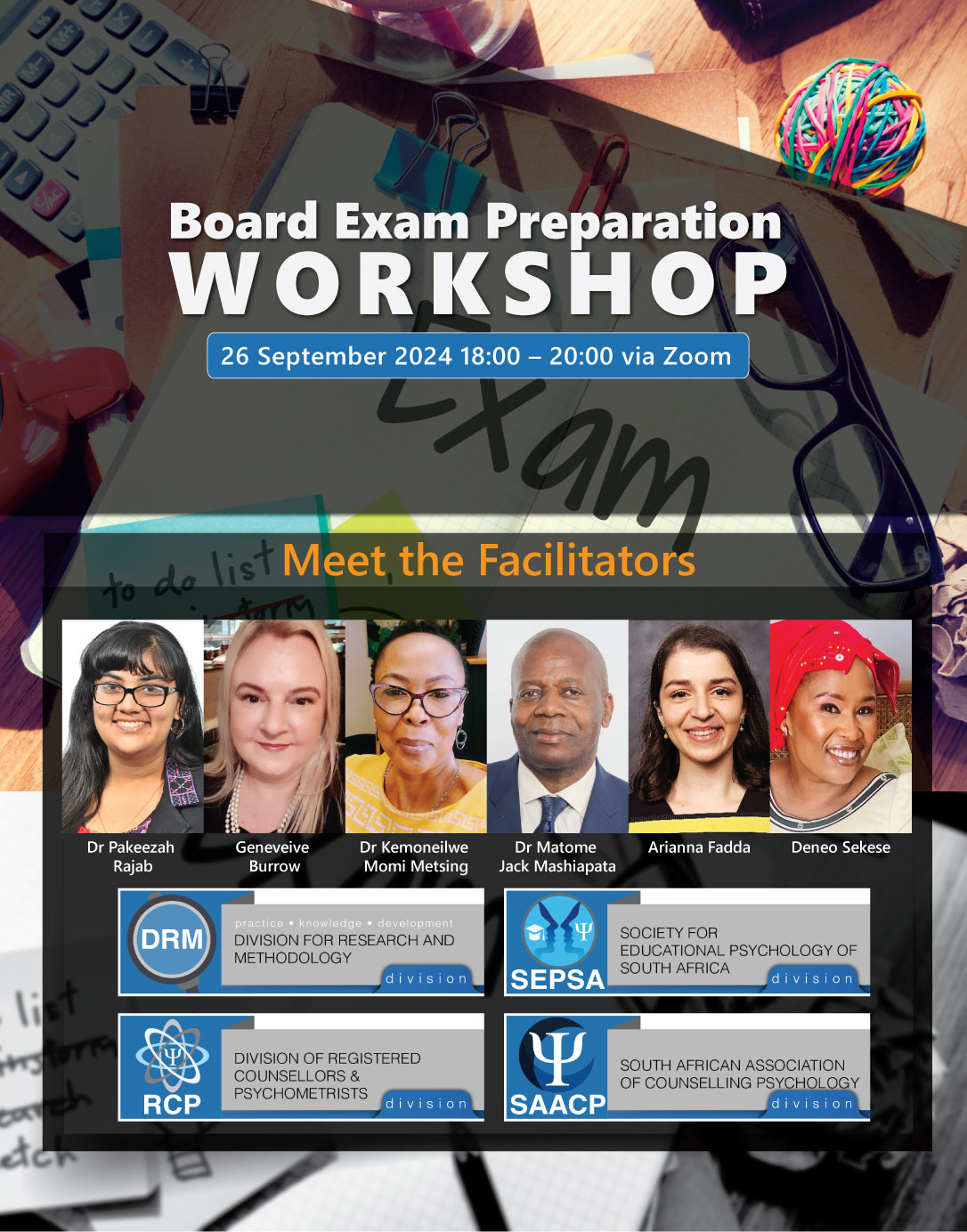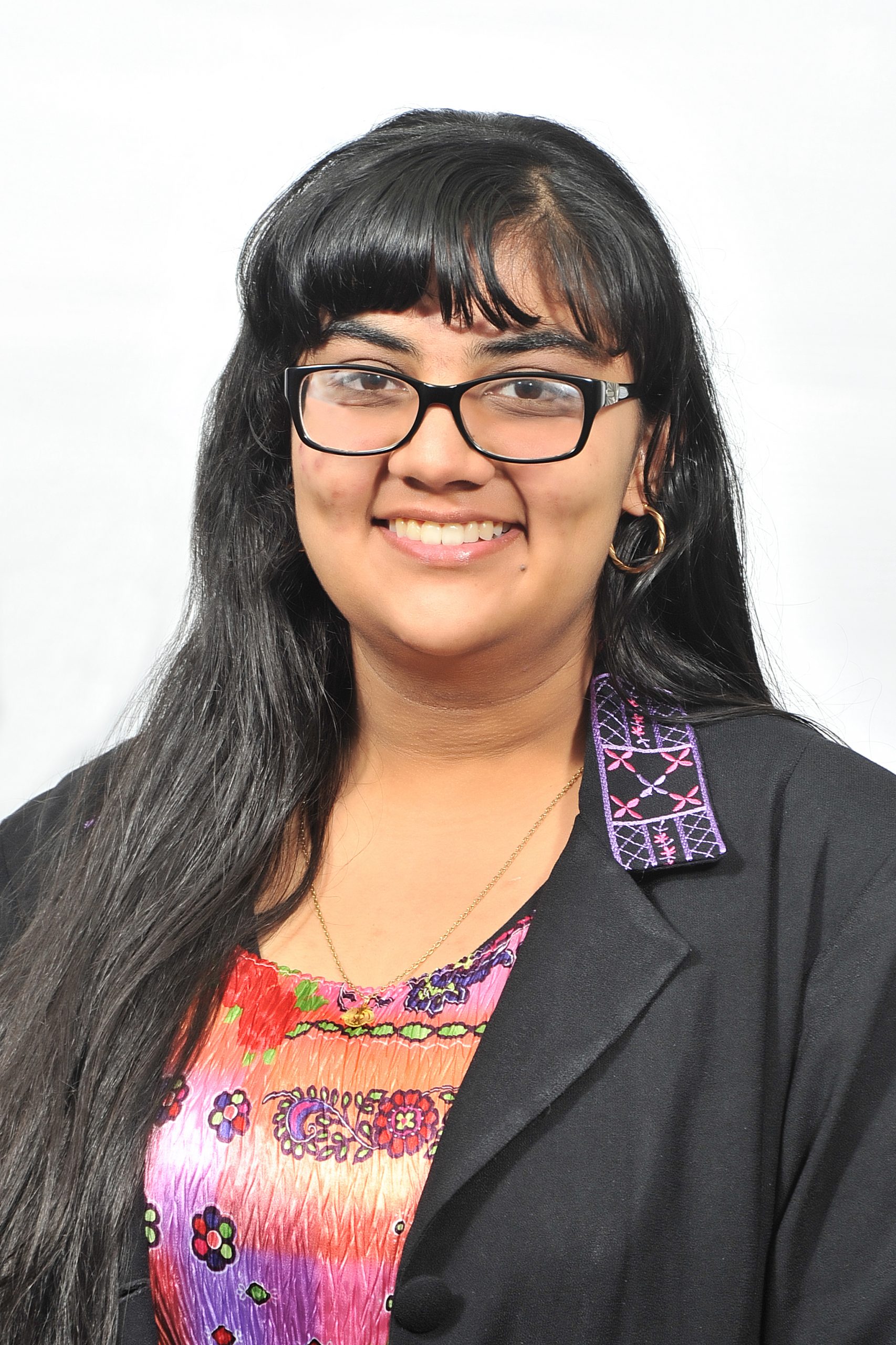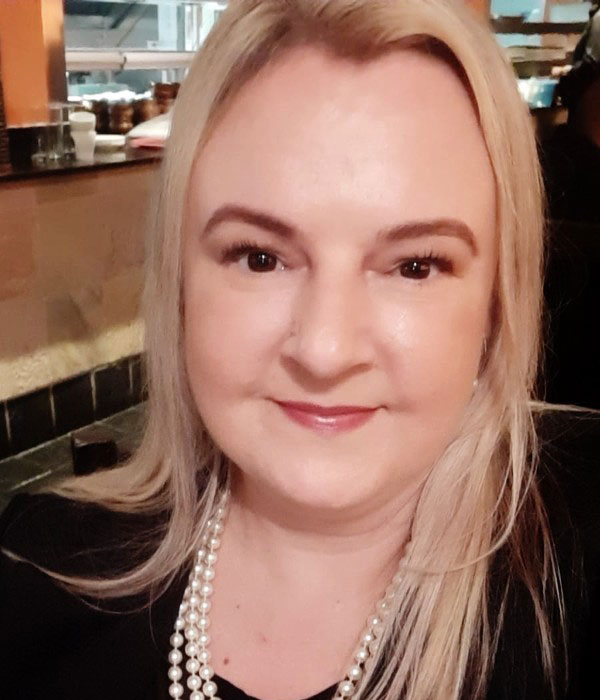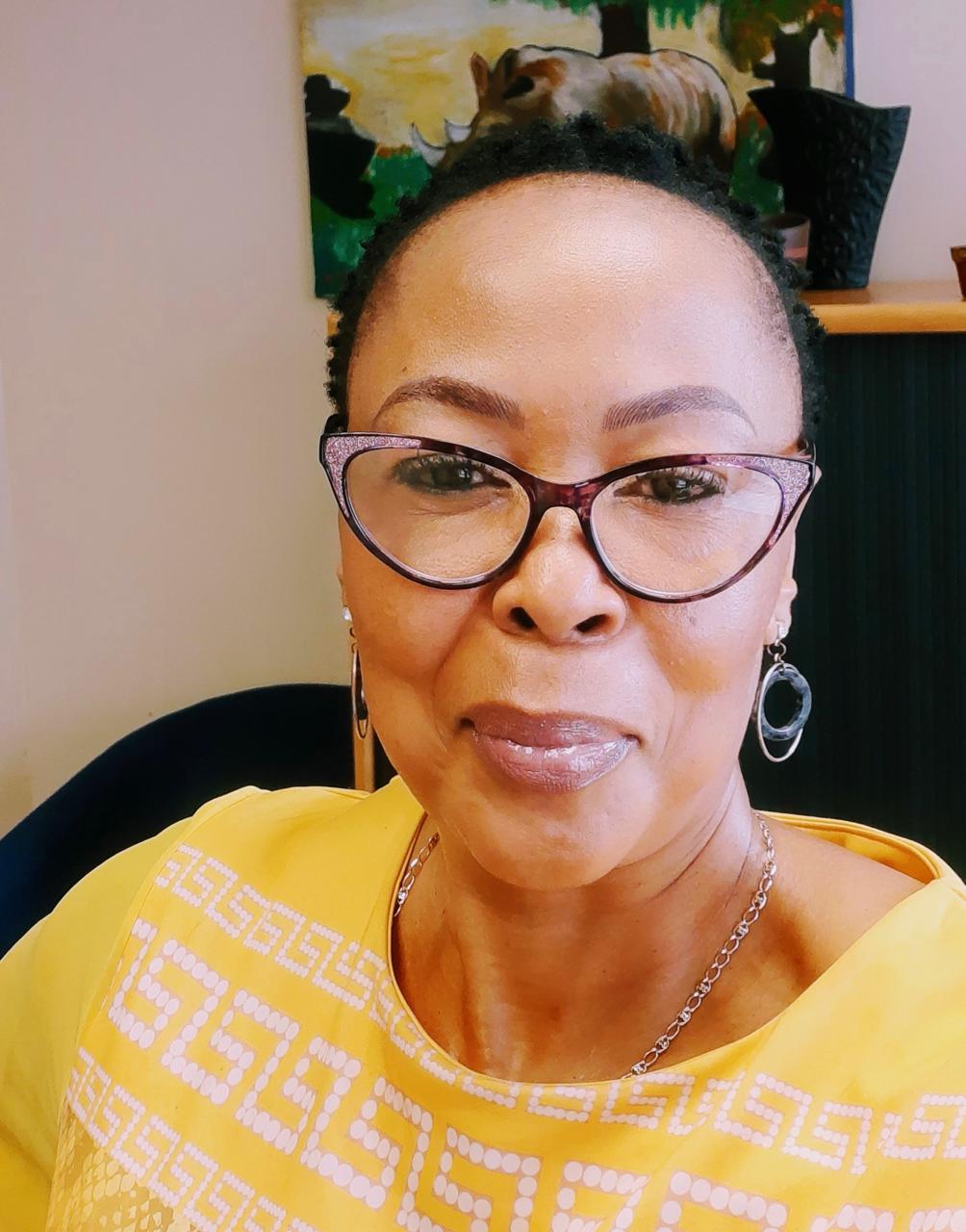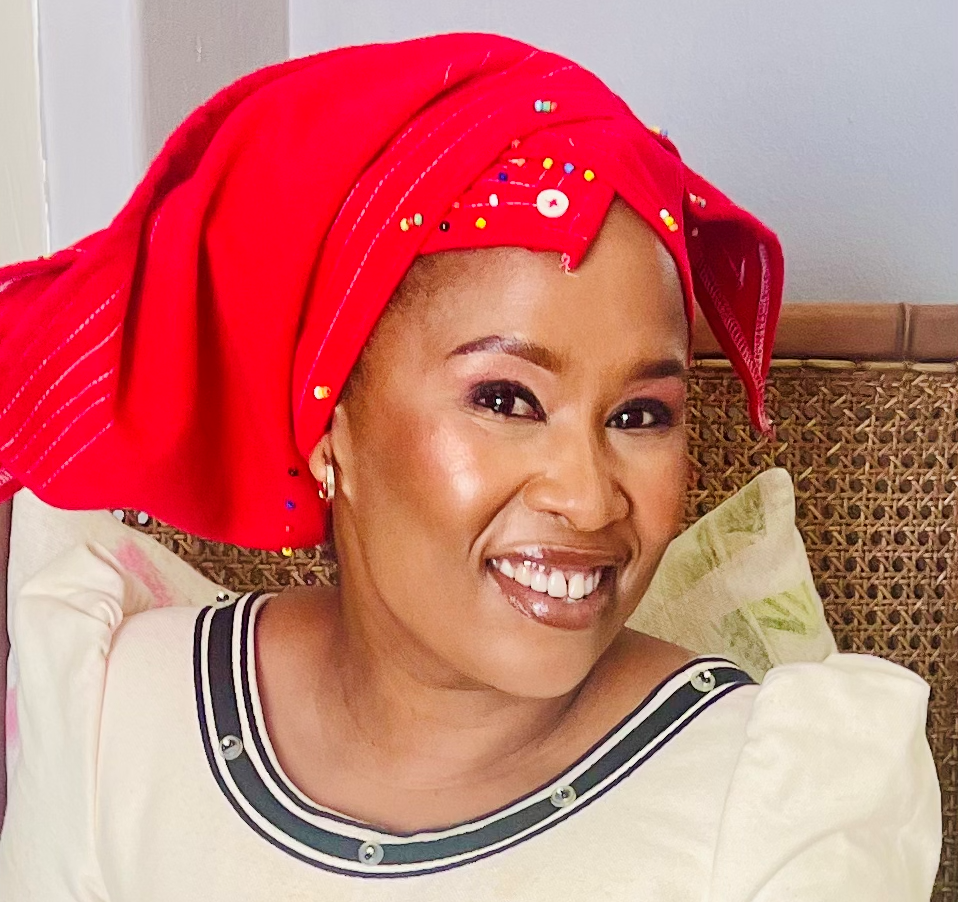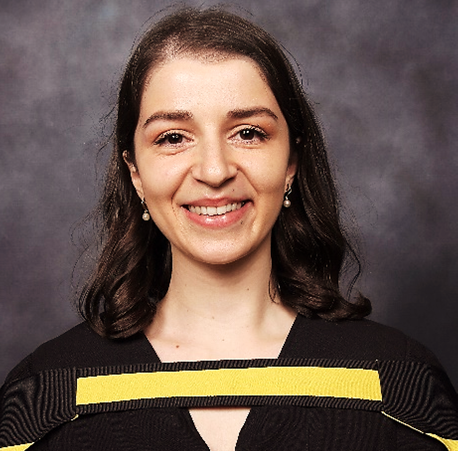
PsySSA’s 30th and PAPU’s 10th Anniversary Congress: Invited Address by Dr Blake Stobie
Common sense or nonsense? Ideas that have held back and advanced the treatment of OCD
OCD is a chronic and disabling condition which was once thought untreatable. The first seeds of optimism regarding OCD treatment emerged from South Africa after the second world war. Since then, the development of psychological and psychiatric treatments for OCD has been characterised by a series of dead ends, and pivotal turning points.
This address will provide a brief retrospective overview of some of these ideas, the people behind them, and their links to South African psychologists and psychiatrists. The crucial role of intrusive thoughts and safety-seeking behaviours in the development and maintenance of OCD will be discussed. Factors which negatively impact on the effective delivery of psychological treatments for OCD, including pop psychology, the invalidity of traditional CBT techniques when applied to OCD, therapist drift, and therapist beliefs will be reviewed. This presentation will then consider some of the possible broader implications for the future development of our field.
Dr Blake Stobie
I trained at UN, Pietermaritzburg. I am the Director of the Centre for Anxiety Disorders and Trauma at the Maudsley Hospital, London, and the private practice London Psychologist. I have written book chapters and journal articles, collaborated on a video game on OCD based on a graphic novel, appeared in TV documentaries on anxiety treatments, and a TedX talk. I manage national clinics to treat treatment-resistant OCD, and UK terror attack victims.


